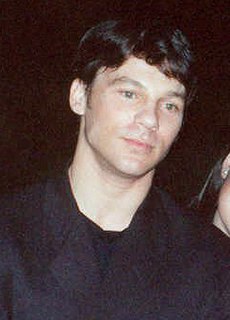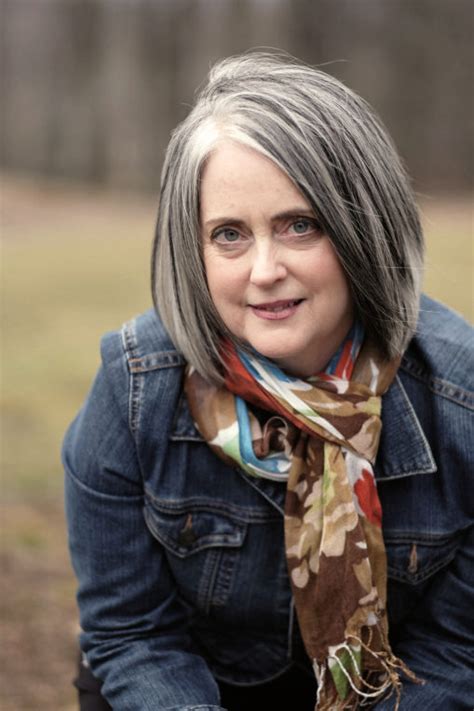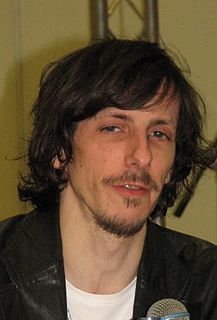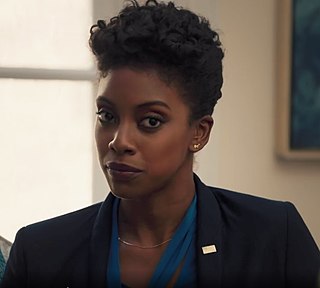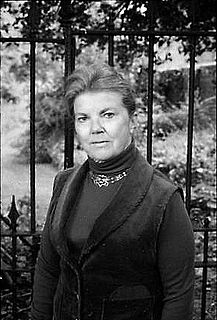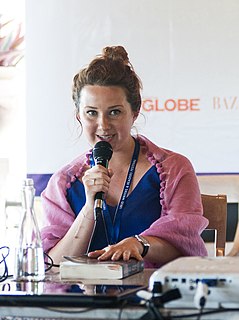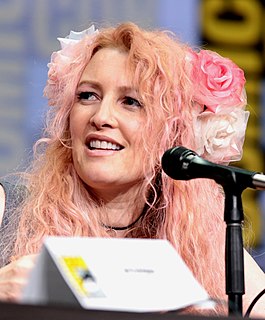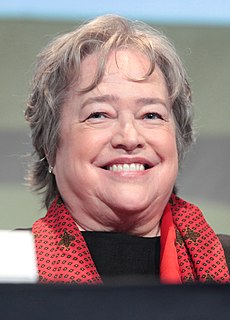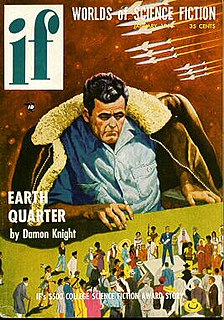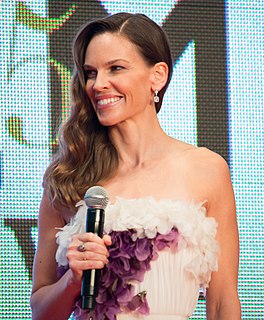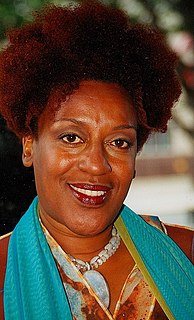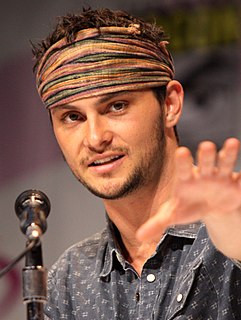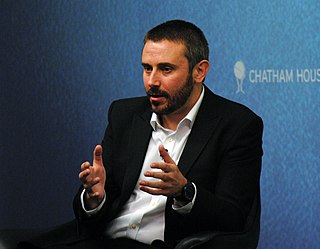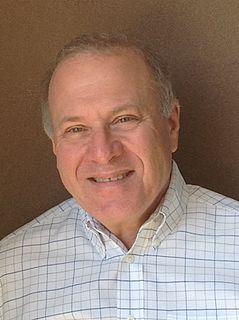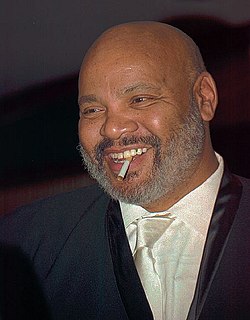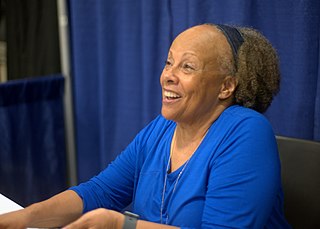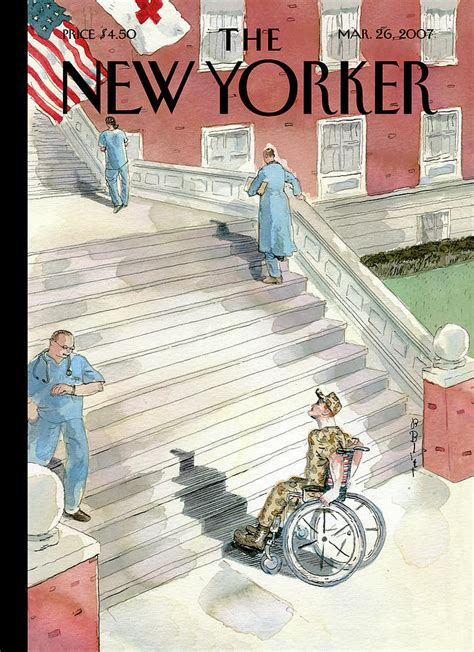Top 1200 Stories Quotes & Sayings - Page 17
Explore popular Stories quotes.
Last updated on December 25, 2024.
Telling purposeful stories is interactive. It's not a monolog. Ultimately, purposeful tellers must surrender control of their stories, creating a gap for the listener(s) to willingly cross in order to take ownership. Only when the listener(s) own the tellers' story and make it theirs, will they virally market it.
Writers imagine that they cull stories from the world. I'm beginning to believe that vanity makes them think so. That it's actually the other way around. Stories cull writers from the world. Stories reveal themselves to us. The public narrative, the private narrative - they colonize us. They commission us. They insist on being told. Fiction and nonfiction are only different techniques of story telling. For reasons that I don't fully understand, fiction dances out of me, and nonfiction is wrenched out by the aching, broken world I wake up to every morning.
I've got a number of stories written so far in that mythos, more lined up to be written, and a narrative arc taking shape between them. I was experimenting with releasing the stories online for Paypal donations, so the existing ones are currently available via the blog for free download, but the ball didn't keep rolling in terms of meeting the targets I was setting.
For girls and women, storytelling has a double and triple importance. Because the stories of our lives have been marginalized and ignored by history, and often dismissed and treated as 'gossip' within our own cultures and families, female human beings are more likely to be discouraged from telling our stories and from listening to each other with seriousness.
There are stories told to him only at this time of year. Fantastic, magical stories, the old Hollier in the woods finding only three red berries, which peel back in the night to reveal gifts of frankincense, gold and myrrh, Christmas in hot deserts, dust-blown countries, the necklace of tears, and the story of the robin.
Stories ought not to be just little bits of fantasy that are used to wile away an idle hour; from the beginning of the human race stories have been used - by priests, by bards, by medicine men - as magic instruments of healing, of teaching, as a means of helping people come to terms with the fact that they continually have to face insoluble problems and unbearable realities.
I thought I could capture the stories of the city on paper. I thought I could write about the horrors of the city. Horror stories you see. I tell you I didn't have to look far for material. Everywhere I looked, there were stories hidden there in the dark corners. . . . I wrote and still there were more. . . . No one would publish them. 'Too horrible,' they said. 'Sick mind,' they said. I thought I could write about the horrors of the city but the horror is too big and it goes on forever.
Everybody is a story. When I was a child, people sat around kitchen tables and told their stories. We don't do that so much anymore. Sitting around the table telling stories is not just a way of passing time. It is the way the wisdom gets passed along. The stuff that helps us to live a life worth remembering.
Even happy situations can easily start to feel miserable. So, I think that people who consider themselves sophisticated or who are in fact sophisticated have come to distrust stories that are uplifting or simply stories in which the characters get what they want in the end. Because in life, what you want is never the end.
Growing up, I didn't have television. My dad would make up stories and tell me stories, so my imagination ran wild. When I did see films, which was very few and far between, that was such an interesting medium that was so new to me. It wasn't something that was just part of my life, so it was really appealing and so different that I enjoyed that.
The accidents of my life have given me the ability to make stories in which different parts of the world are brought together, sometimes harmoniously, sometimes in conflict, and sometimes both - usually both. The difficulty in these stories is that if you write about everywhere you can end up writing about nowhere.
The first week I was in Iraq, I said, "This is what I want to do. I want to be a reporter and to tell stories of people whose stories would not be told if we don't gather them." It's part of what I think of as the one-two punch of journalism. You're trying to give voice to the voiceless, and then you're also trying to hold those in power accountable, regardless of what party they're in.
Nobody knows what will work until they try it. Some of comics' biggest success stories in recent years have explored subjects that no one was writing about at the time - stories no one had any reason to think would succeed. My advice? Write what you want to read. You'll have more fun doing it - and if all else fails, you'll always have at least one loyal reader.
I grew up feeling 'less than.' I was the sad, shy child hiding in the hall closet beneath coats. I'd wait for my grandmother's voice to call, 'Jewell, Jewell.' I was lost, waiting to be found. I thought being found, I'd be happier, better. All the while, I read stories. Stories with both truth and lies.
'Sour Heart' is a collection of seven linked short stories narrated by young Chinese-American girls living in New York City in the '90s. It's exceptionally hard to describe what I've written without sounding delusional or boring, so I'll just say they are stories about growing up and the pleasures and agonies of having a family, a body, and a home.
The argument for '12 Years a Slave' was that - yes, it's a beautiful film. Beautifully shot, beautifully acted. It's a real story, and these stories should be told. The problem is, if they're the only stories being told, then it makes Americans of African descent - it puts them into that victim category. And that was my problem with the movie.
As an activist, you do find yourself directed more toward public action. But I've always tried to use stories from my own life in my writing for instance. It has always been clear to me that the stories of each other's lives are our best textbooks. Every social justice movement that I know of has come out of people sitting in small groups, telling their life stories, and discovering that other people have shared similar experiences. So, if we've shared many experiences, then it probably has something to do with power or politics, and if we unify and act together, then we can make a change.
In my lifetime I have seen democracy begin to expand, not only to include those who have been excluded, but to provide a listening arena, a vocabulary, an intelligent reception for stories that have been buried. Not just stories of the disenfranchised and the marginalized, but marginalized and disenfranchised histories even in the lives of the accepted and the privileged.
It is natural that our minds replay old stories, because that is our own mechanism for trying to work out unresolved problems. Yet rerunning those stories will be a fruitless looping until we learn how to move from the story into our body. This is why therapy alone often doesn't bring full healing and awakening.
Luckily, my limited attention span is well suited to the velocity of the news cycles. There's an assault of stories coming at you on even a slow-ish news day, but certain things just tend to stick out. Certain stories just seem to have an odd sort of electricity. It does get tricky when you're pitching an image that won't hit the newsstands for another week. Not only can other, bigger stories break in the mean time, but other daily cartoonists, can also come up with the same idea - this is the most depressing thing - and put it out there so yours looks old by the time it's published.




